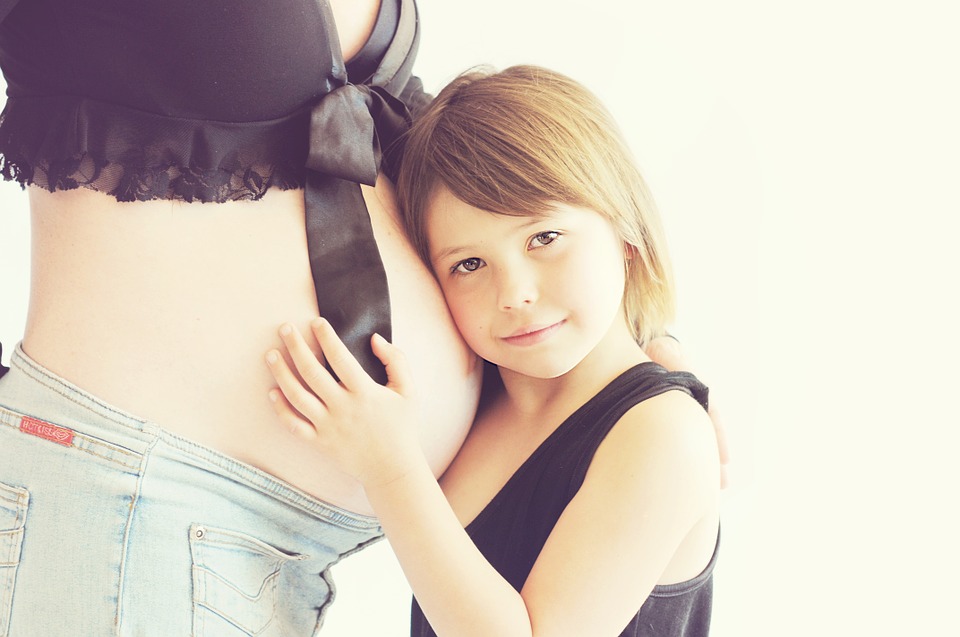Digestive Disorders During Pregnancy
Digestive problems are one of the most common symptoms during pregnancy. Some of these symptoms are common in all pregnant women, but when women with chronic gastrointestinal disorders are pregnant, they need special care and concern.
Nausea And Vomiting
Nausea with or without vomiting is the most common symptom of pregnancy and occurs in 90 per cent of pregnancies. It usually happens due to hCG (human chorionic gonadotropin). The hCG keeps rising till 12-13 weeks of pregnancy and then it plateaus. Once the hCG levels stabilize, nausea and vomiting also subsides.
- Risk factors for nausea in pregnancy are:
- First pregnancy
- Younger age
- Obesity
- Smoking
A mild form of nausea and vomiting is called morning sickness. Management aims at reassurance of milder forms and changing diet habits (frequent small meals, low-fat diet, less spices, and more carbohydrates) and avoiding precipitating factors. When it cannot be controlled by general measures, then medication is prescribed.
Hyperemesis Gravidarum
Severe form of intractable nausea and vomiting in pregnancy is called as Hyperemesis Gravidarum. This occurs in 0.1 per cent of pregnancies. Hormonal and psychologic factors play a major role for hyperemesis.
It causes electrolyte imbalance, ketosis, and altered sensorium which need hospitalization, medication, and correction of electrolytes.
GERD (Gastro-Esophageal Reflux Disease)
Commonly known as heartburn, it happens in 45-80 per cent pregnancies and is due to the loss of angulation of the esophagus and stomach and increased lower esophageal pressure. Increased abdominal pressure due to pregnancy is also a contributory factor for GERD.
Lifestyle modifications are the first line of treatment for GERD. Also, the elevation of the head end, eating frequent small meals and refraining from eating three hours before going to bed are a few other measures to manage GERD. Also, medications such as antacids and sucralfate are prescribed if required.
Flatulence And Belching
These are embarrassing conditions associated with pregnancy and happens due to more gas production and also due to constipation. It is caused by certain food products. So, avoiding gas-producing foods such as beans, broccoli, Brussel sprouts, fried foods, and cabbage helps in reducing flatulence and belching.
Constipation
This condition is prevalent in 1O- 40 per cent of all pregnancies. It is caused by the decreased motility of the gut under the influence of the progesterone hormone and use of iron supplements. Other contributory factors for constipation is the growing uterus, which affects bowel motility.
Usually, conservative measures help ease this condition, such as changing dietary habits (increased consumption of fibre-rich foods and decreasing intake of oily and processed foods), drinking more water and exercises. However, in severe cases, medication is prescribed. It’s important to note that castor oil and mineral oil should be strictly avoided during pregnancy.
Gallstones are a very common cause for cholecystectomy during pregnancy and also the second most common cause for surgery after appendicectomy
Hemorrhoids
Constipation and straining during passing hard stools can cause the veins of the rectum to prolapse, called hemorrhoids. If a pregnant woman has hemorrhoids, it will usually continue throughout the pregnancy and may get worsen during the second stage of labour, when ‘pushing’ takes place. After the delivery, it disappears in most cases but if it persists, there may be the need for surgery to rectify the issue. To prevent the hemorrhoids from getting worse, it’s important to avoid constipation and straining during bowel movements.
Diarrhoea
Pregnant women may have diarrhoea also and it is usually due to infections such as salmonella, shigella, food poisoning, medications and also due to irritable bowel syndrome (IBS). Usually, doctors are more conservative with the correction of dehydration and administer drugs for specific causes, if required.
Peptic Ulcer Disease (PUD)
It’s not very common during pregnancy, but should not be ignored if a woman has symptoms like pain in the abdomen, acidity, and reflux. PUD is usually improved in pregnancy due to decreased gastric secretions. Antacids or H2 receptor antagonist such as Ranitidine are the preferred medication for PUD
Gallstones
Pregnancy is a risk factor for gallstone formation, as pregnancy causes bile stasis, decreased gallbladder emptying and increased lithogenicity of bile which leads to stone formation. Gallstones are also a very common cause for cholecystectomy during pregnancy and also the second most common cause for surgery after appendicectomy. It may also cause pancreatitis during pregnancy.
Some of the other symptoms are epigastric pain, nausea, vomiting, jaundice, and tenderness in the right upper quadrant. Severe pain can be managed conservatively by hydration and analgesics and at times need narcotics.
Endoscopic retrograde cholangiopancreatography (ERCP) may be required in case of pancreatitis and biliary obstruction. Also, cholecystectomy may be needed during pregnancy in rare cases. But if required, surgery should be carried out in second trimester of pregnancy.
